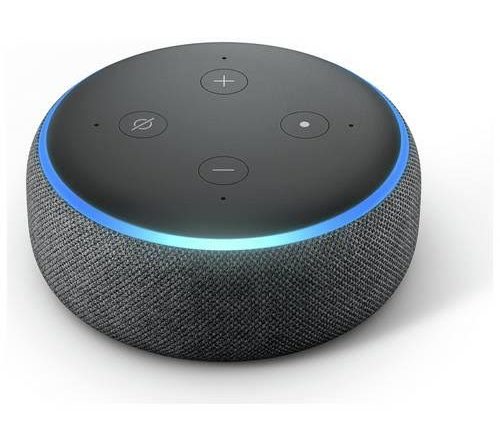Ex-Amazon employee says he turns off Alexa in his ‘private moments’
Shhh, they’re listening! Ex-Amazon employee says he turns off Alexa in his ‘private moments’
My wife asked me why I was speaking so softly at home.
I told her I was afraid Mark Zuckerberg was listening!
She laughed. I laughed.
Alexa laughed. Siri laughed.
This may be a popular joke but it’s a fact that privacy has become a serious bone of contention in the era of smart speakers, doors, fridges and what not. Now, a former Amazon employee has made a startling revelation on user privacy. He said he switches off Alexa speakers at home when he wants to have a “private moment.”
Ex-Amazon executive Robert Frederick said he turns off the smart speakers to ensure the certain conversations aren’t listened on. “I don’t want certain conversations to be heard by humans. Conversations that I know for a fact are not things that should be shared then I turn off those particular listening devices,” he told BBC for a special titled “Amazon: What they know about us”.
Former Amazon executive said he turns off Alexa smart speaker to ensure ‘certain conversations’ aren’t heard by humans
The revelation comes months after Amazon admitted thousands of its workers had access to users’ conversations with Alexa voice assistant. The company tried to defend the move saying it was necessary for helping improve the speech recognition.
“This information helps us train our speech recognition and natural language understanding systems, so Alexa can better understand your requests, and ensure the service works well for everyone. We have strict technical and operational safeguards, and have a zero tolerance policy for the abuse of our system. Employees do not have direct access to information that can identify the person or account as part of this workflow,” Amazon had said.
After a wide criticism, Amazon said it will give users the option to disable human review of recording of users’ conversations with Alexa
It is worth noting that Amazon wasn’t the only technology company which had allowed human reviewers to access users’ conversations with the digital assistant. Google faced a similar criticism when it was reported that more than 1,000 Google Assistant recordings were accessed by human workers.
Apple, which takes a pride in its privacy-focused ecosystem, was also caught giving human contractors access to Siri conversations. Later, the company apologised over the goof up and promised it would no longer retain audio recordings.




